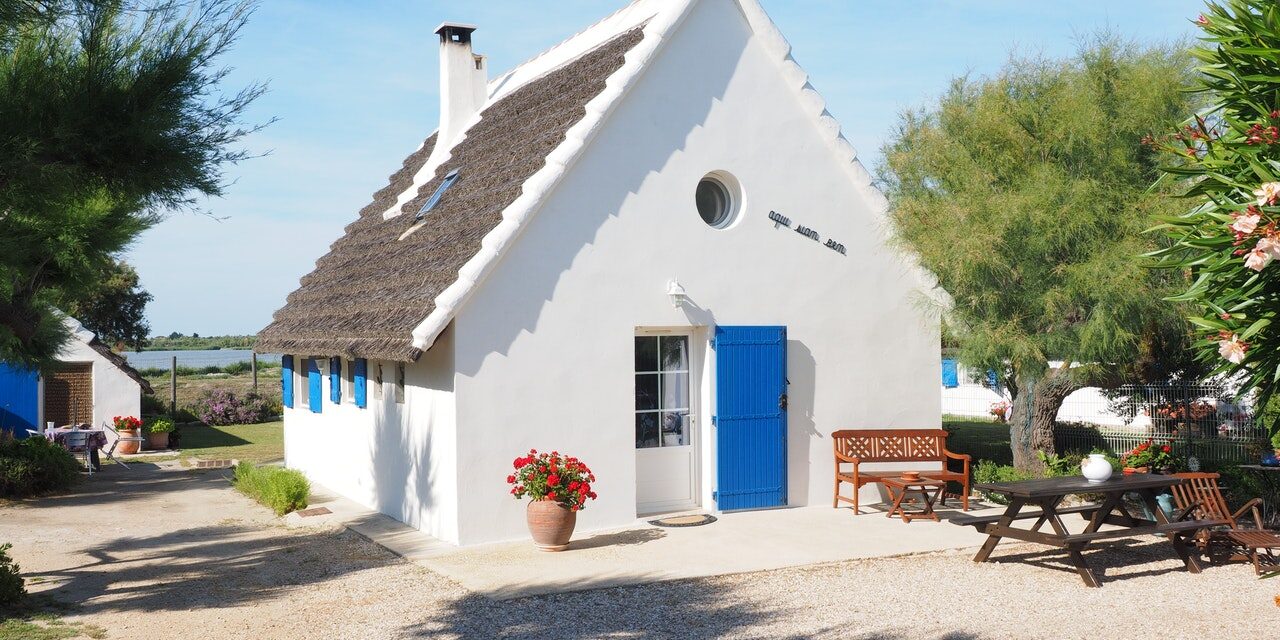With the pandemic still continuing, rules on travelling abroad are relatively unstable. This means that many people are opting for a “stay at home” holiday this year – a holiday in the UK. As a result, you may be considering the idea of buying a holiday home as an investment. Property prices in popular holiday destinations have skyrocketed recently. Therefore, there is plenty of money to be made letting your holiday home out. There are many important factors to consider when buying a holiday let including:
- The tax regulations
- The expenses you can claim
- Whether or not you are furnishing the holiday home
As one of the leading chartered accountants in Brierley Hill, we have outlined the key aspects you’ll need to bear in mind when buying a holiday let. This is including the financial benefits and tax implications to help you make your decision.
Is It A Good Time To Invest?
International travel is mostly off the cards which means the rise in UK travel continues. In fact, according to a study by YouGov, around 47% of Brits intend to holiday in the UK this year. With this in mind, now may be a great time to invest in a holiday let whilst the demand is still high.
Buying A Holiday Let: The Benefits
During the peak seasons, in the right location, a holiday home can earn you the same as you would get, from a buy-to-let property. Some holiday let landlords are earning up to 30% more yield, which is an 8% annual return. The returns for a holiday let do tend to be significantly higher when compared to a rental property. So, if you are able to buy in a prime location, you are likely to reap the financial benefits.
How Does A Holiday Let Mortgage Work?
A holiday let mortgage is different to a buy-to-let mortgage. With the latter, you lend money to purchase property that will be let-out for a long period of time. However, with a holiday home let, it will be occupied in days and weeks as opposed to months. Therefore, the amount of money you can lend will be based on your income projection.
You must also be prepared for mortgage lenders to take a look at your own income too. This is because the lender will need to determine whether or not you are able to continue paying off your mortgage if the holiday home isn’t occupied.
The decision to offer you a holiday let mortgage will also depend on what type of property you are looking to invest in. Naturally the mortgage lender will want to ensure the property is easily sellable. Therefore, if you are looking at purchasing a holiday home that sits within a park or a resort, it’s unlikely you will be approved for the mortgage as these properties have limited use. On average, you will also need to be able to put down a 25%-30% deposit.
How Much Tax Will I Pay?
A holiday let has business rates which are charges taken to help pay for local services. These are usually charged on most commercial properties. However, the rules will differ depending on where the property is in the UK.
Furnished holiday lets will allow you to qualify for separate tax rules. If your holiday let qualifies as a FHL (furnished holiday letting), you:
- Can claim Capital Gains Tax relief.
- Are entitled to capital allowances for items like furniture, equipment, and any fixtures.
- Can count profits as earnings.
However, there are certain requirements which need to be met for your property to qualify for as a FHL.
Contact Us
Are you thinking of buying a holiday home as an Investment? If you are and you are looking for taxation services to support you with the financial aspects of the decision, then you can count on our chartered accountants here at Thomas Nock Martin. Head to our website for more information or call 01384 261300 to speak to a member of our team.
If you have found this blog helpful, then you may wish to read our previous blog on VAT Registration For Your Business.




